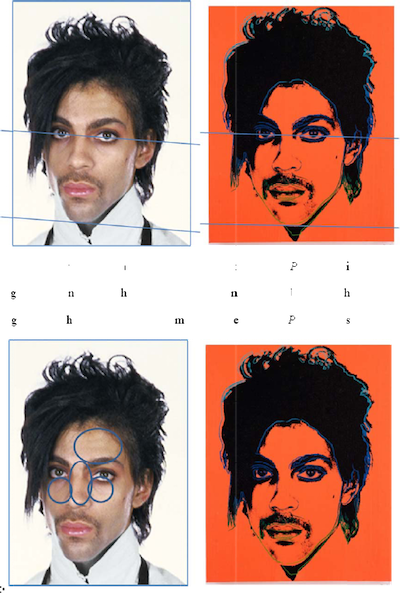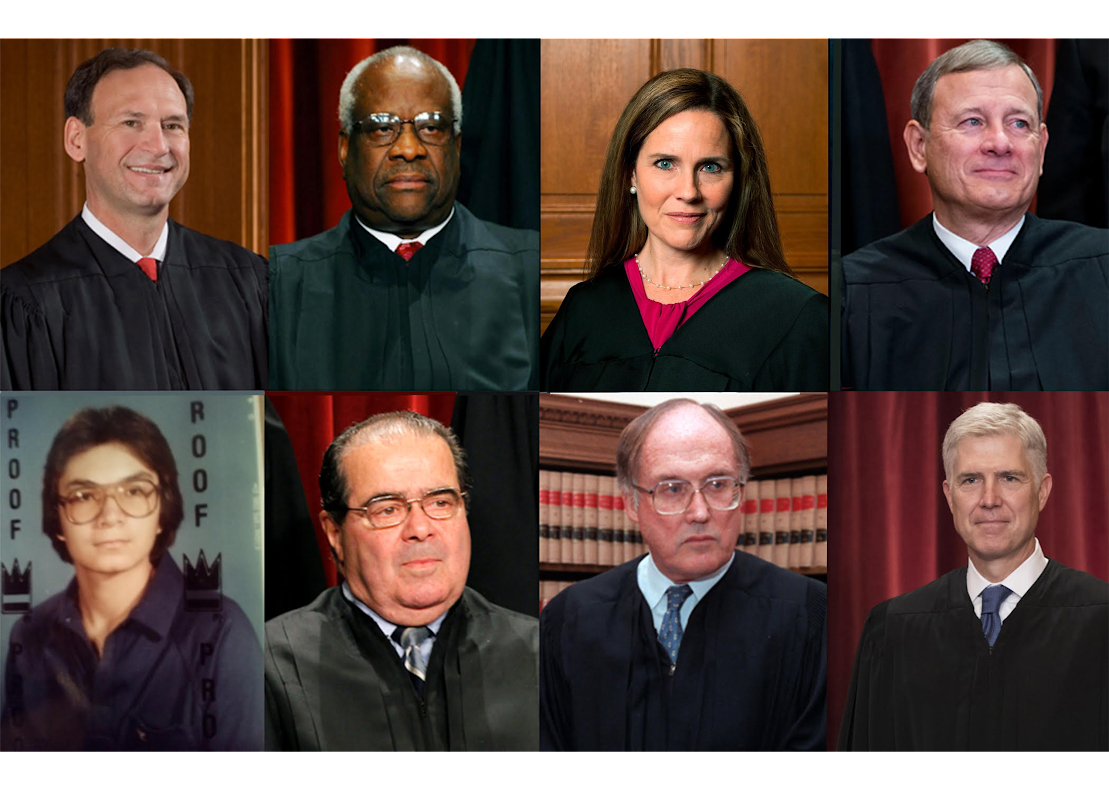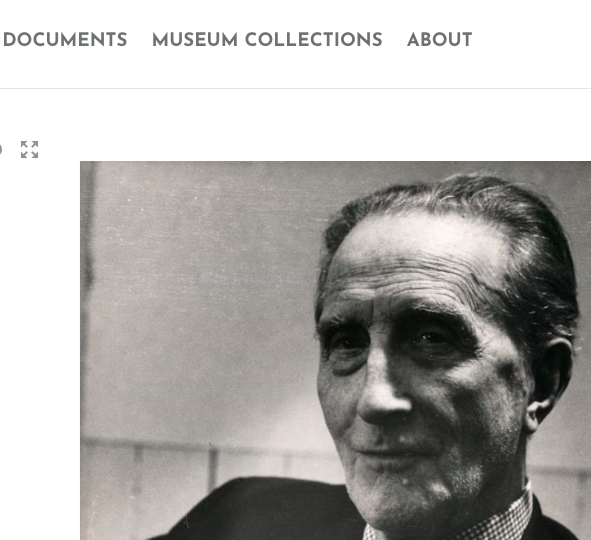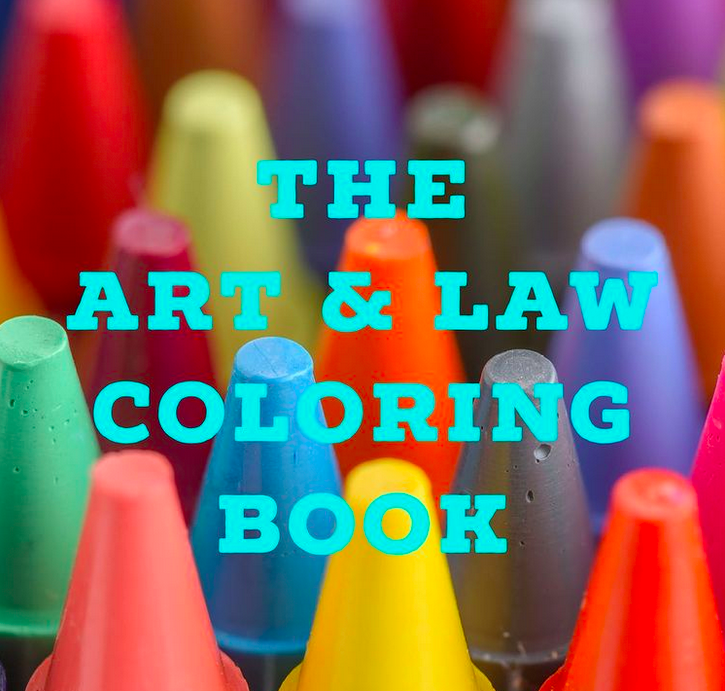Enrico Navarra, a French art dealer, is suing New York’s Marlborough Gallery with a suit charging it mounted a “smear campaign” against his business. Navarra’s Manhattan federal court filing accuses Marlborough of “attempted monopolization,” false advertising and defamation.
Via The New York Post.

Wow! And the arts community thinks artists are getting carried away with copyright lawsuits.
From the seven-inch tongued bass player himself:
The record industry doesn’t have a f*cking clue how to make money. It’s only their fault for letting foxes get into the henhouse and then wondering why there’s no eggs or chickens. Every little college kid, every freshly-scrubbed little kid’s face should have been sued off the face of the earth. They should have taken their houses and cars and nipped it right there in the beginning. Those kids are putting 100,000 to a million people out of work.”
Make sure your brand is protected, be litigious, sue anybody — take their homes, their cars, DON’T LET ANYBODY CROSS THAT LINE.
You can read more on this over at Techdirt, as well as view Simmons in video explaining his business and litigating process.
October 4th, 2010 by Sergio Muñoz Sarmiento in
Copyright
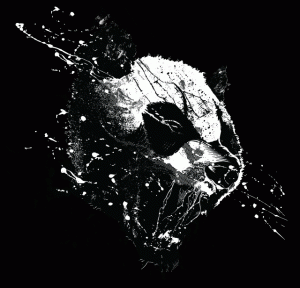
Paddy Johnson, over at Art Fag City, posted quite an interesting story today dealing with copyright and the increasing theft by some visual artists of other artists’ works. Johnson notes that not only did artist Rob Pruitt directly appropriate a unique image of a panda from artist AJ Dimarucot, but that Pruitt also accepts the fact that he did so. Shameless, unethical, illegal, or publicity stunt, you make the call.
Of interest in Johnson’s blog post is NY Times art critic Randy Kennedy’s use of art history as a legal defense. Read it, and keep this in mind: Kennedy’s argument is tantamount to a sculptor arguing that in order to fulfill the concept of human skulls as sculpture he had to go out, decapitate, and scalp human beings as part of his artistic process. Sure, one can certainly call that exercise art, but once can certainly also call that illegal. I’m interested to see what, if anything, Dimarucot does via legal means. Dimarucot’s anger over this theft here.
October 4th, 2010 by Sergio Muñoz Sarmiento in
Copyright
The Demetra Mavis, president and founder of Front Page News Entertainment Group Worldwide, takes a strong stance against copyright infringers and asks,
Where are our referees for creative justice? Who wins the prize money for original expressions, games, jewelry designs, music, novels, cartoons or even bumper stickers? Whatever happened to the idea of a gracious request for permission to use or reproduce the original owner’s creative content? Have we become a society driven by aimless conduct, frolicking in an environment driven by unfair competition?
Mavis’ answer? Get permission or, better yet, have congress take a stronger stand against infringement:
Obtaining consent is a good thing because it respects the preservation of entitlements. What is precious for the author or creator has become a “free feast” for those who grab and steal. … Congress must prevent the willful taking of content, including original music, movie scripts, and architectural and sculptural works, just to name a few. For all of you on Capitol Hill, here is your casting call to secure and protect our liberties for creating specific expressions in literary, artistic or musical formats, some of the same expressions that make our country truly great.
Mavis’ entire article here via the San Francisco
Chronicle.
The U.S. Supreme Court asked the U.S. Solicitor General, who represents the federal government in Supreme Court cases, to weigh in on the question of whether Holocaust victims and their heirs should be bound by a statute of limitations deadline when suing California museums for the return of Nazi-looted artworks.
Via The LA Times.
September 29th, 2010 by Sergio Muñoz Sarmiento in
Copyright
The law always seems to find me. Copyright law that is. Even when I try to get away from it I manage to run into something art and copyright related. While in San Francisco this past weekend I came across an article that hasn’t received much attention on the East Coast. The article concerns copyright law and media use in the “digital age.”
Pamela Samuelson, professor of law and director of the Berkeley Center for Law & Technology at UC Berkeley School of Law, has convened a group of legal experts over the past three years to draft 25 reforms to U.S. copyright law. Her article, Copyright Law Needs a Digital-Age Upgrade, appeared in last Sunday’s SF Chronicle, and argues for a rethinking of US copyright laws given the internet age.
With so many new participants and technologies in the copyright system, it is time for copyright law to receive an upgrade. It must become more flexible to accommodate new uses and technologies. It must also become simpler, so that everyone who creates and consumes copyrighted works can understand and use the law effectively without having to call a lawyer every time they want to download a file from the Internet.
Among the proposed changes: modernize copyright office, refine scope of exclusive rights, limit damage awards, reform judicial infringement tests, limit orphan works liability, and create “safe harbors.”
The 68-page draft, The Copyright Principles Project: Directions for Reform, can be accessed via pdf format here. Samuelson’s article in the SF Chronicle can be accessed here. The draft lists the other “legal experts” consulted, and I must admit it is impressive and seemingly diverse (Disney, Warner Bros, IBM, and a host of law schools with liberal bents). I only wish visual and performing artists–or those that represent their interests–had been asked to contribute. Don’t get me wrong, I’m ok with Disney and Warner Bros in the mix, but not all artists thrive on million dollar incomes. Word of warning: be careful what you do with the draft though, as it’s copyrighted to The Copyright Principles Project. Property…God bless it!
Clancco readers know I’m not a big fan of “the paper of record,” so I missed a very rare gem they printed last week. A friend of ours sent it along after we discussed this very same issue in my last copyright and contemporary art class. The specific question in class was the photographing of artworks in the public domain (under US law) that are on view in galleries or museums. So as to not bore you I won’t rephrase what’s in the article. Enjoy!
Via the paper of record.

